Test your knowledge with our mini heritage quiz.
Select each question to reveal the answer.
-
1. WHO DID THE ENGLISH DEFEAT AT THE BATTLE OF FLODDEN IN 1513?
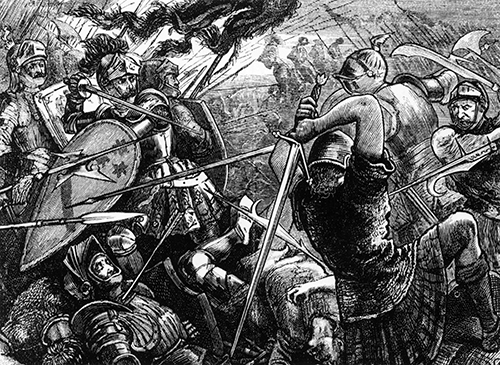
Answer: Scotland
In the largest ever clash of arms between the two countries, James IV's invading forces were decisively beaten by English troops at Branxton in Northumberland.
The English infantry, armed with hook-bladed bills, killed 10,000 Scots, including James himself, who was the last British monarch to die in battle.
-
4. What did Britain begin to use on 14 September 1752?
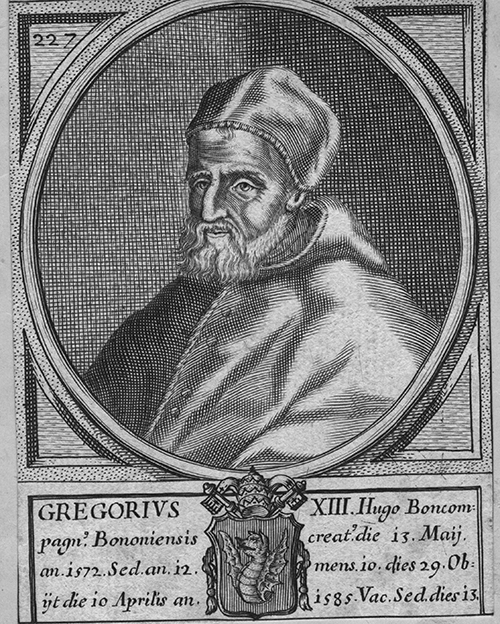 Answer: The Gregorian calendar
Answer: The Gregorian calendar
This calendar was introduced by Pope Gregory XIII in 1582 in order to ensure Easter celebrations occurred at around the same time every year, when early Christians celebrated it.
A development of Julius Caesar's Julian calendar, it was initially met with suspicion by many Protestant countries and was only adopted by Britain in 1752.
In order to be in line with other countries that had already converted to the Gregorian calendar, 11 days were skipped, and Wednesday 2 September was followed by Thursday 14 September - effectively wiping 3-13 September 1752 from British history.
-
6. Who was the first British prime minister?
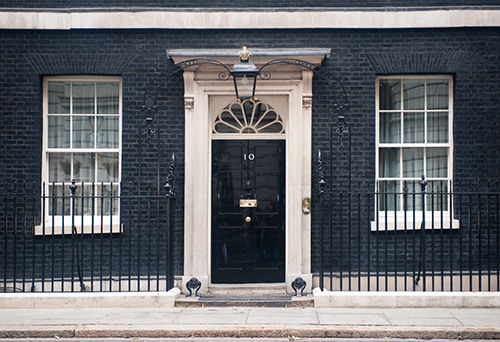 Answer: Robert Walpole
Answer: Robert Walpole
Though technically a post that was never created, Robert Walpole is credited as being the first prime minister.
He became the most powerful statesman in George I's government when the king appointed Walpole as first lord of the treasury and chancellor of the exchequer in 1721.
The king presented him with 10 Downing Street in 1732 but Walpole insisted that the house be for the office of the first lord of the treasury, not himself personally.
-
7. Which of the Brontë sisters wrote Jane Eyre?
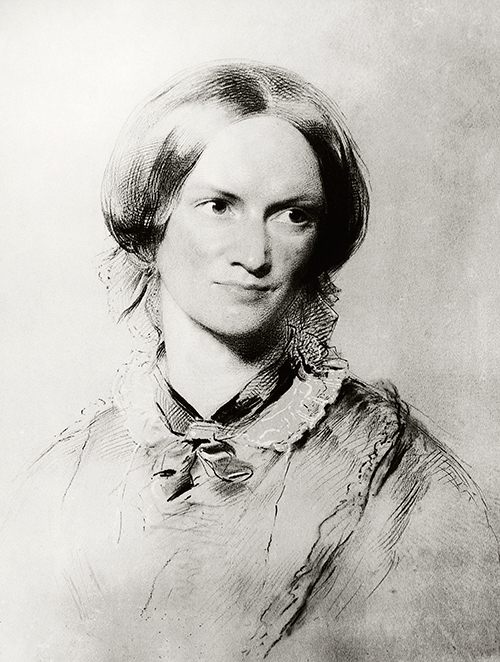 Answer: Charlotte
Answer: Charlotte
The Brontë sisters were born in Haworth, Yorkshire, and produced some of the best-loved works of 19th-century literature.
Charlotte was the first to gain prominence with her debut Jane Eyre (1847), with its eponymous protagonist breaking new literary ground to become a heroine of Victorian society.
The reclusive Emily wrote only one novel, Wuthering Heights (1847), while Anne's ambitious second novel, The Tenant of Wildfell Hall (1848), released a year before her death, created an uproar, and Charlotte later supressed it from being republished.
-
8. Which Celtic queen led a rebellion against the Romans in AD60?
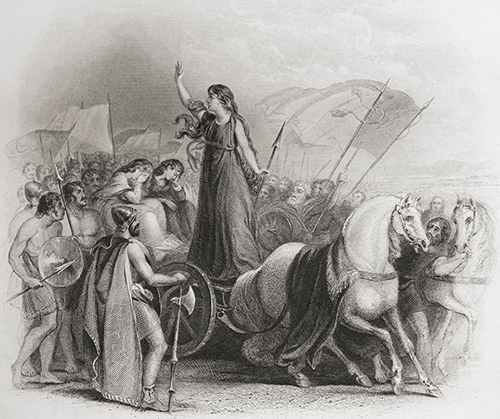 Answer: Boudicca
Answer: Boudicca
Boudicca became the leader of the Iceni tribe, who lived in modern-day Norfolk and were initially allied with the Romans during the invasion of AD43.
However, when she inherited the crown after the death of her husband Prasutagus, the Romans seized Iceni property, raped Boudicca's daughters and publically flogged the queen.
Incensed, Boudicca led a huge army of Celtic warriors, destroying Colchester, London and St Albans in AD60, killing tens of thousands.
The greatly outnumbered Roman army set off from north Wales to confront Boudicca's forces, decisively defeating them in the Battle of Watling Street.
-
9. Who was the last House of Stuart monarch?
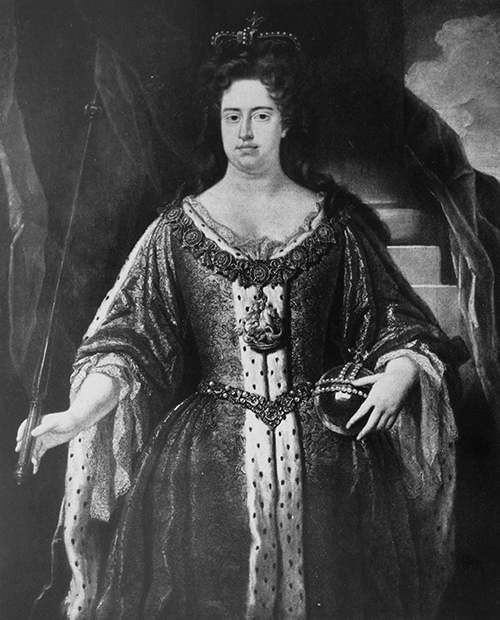
Answer: Anne
Anne became queen when her brother-in-law, William III, died from pneumonia, which he contracted after breaking his collarbone falling from a horse.
When England and Scotland united under the 1707 Acts of Union, Anne became the first monarch of Great Britain.
Tragically, after multiple miscarriages and none of her children living beyond the age of 11, she died without an heir, leaving the throne to her second cousin, George I, the first monarch of the House of Hanover.
-
10. Which was the first football World Cup in which England took part?
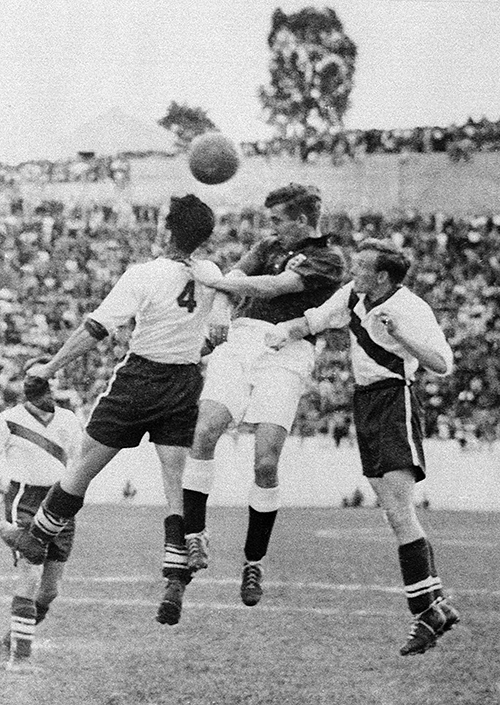 Answer: 1950
Answer: 1950
The first FIFA World Cup was won by host country Uruguay in 1930. The four Home Nations (England, Scotland, Wales and Northern Ireland) were not members of FIFA at the time, and declined an invitation.
The teams rejoined in 1946, with England qualifying for the 1950 tournament in Brazil, beating Chile but losing to Spain and the USA, and failing to progress past the first round.